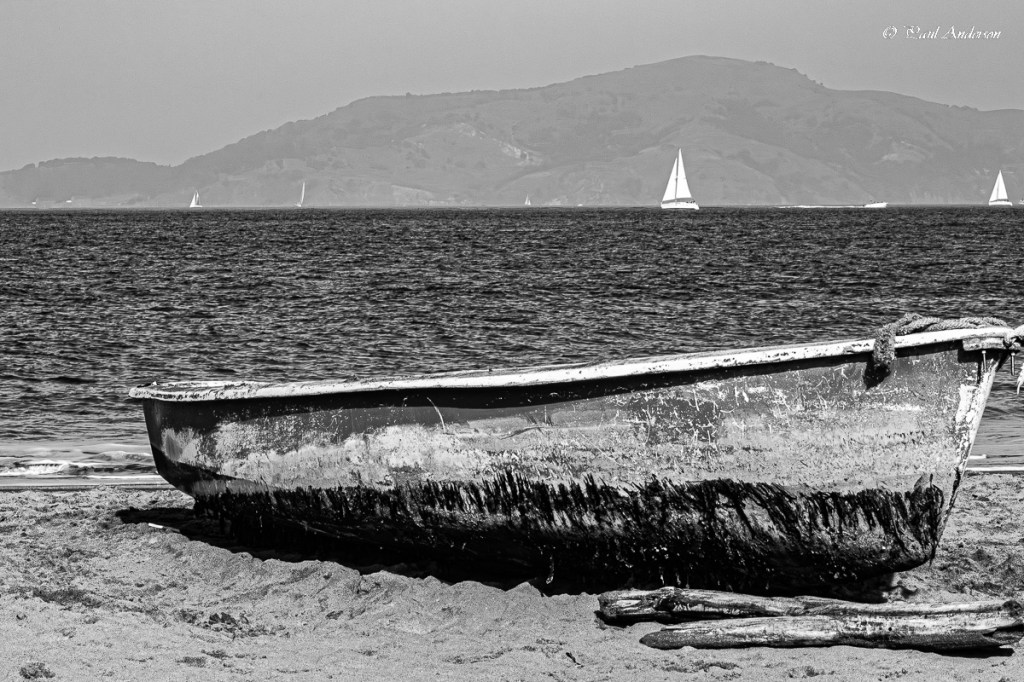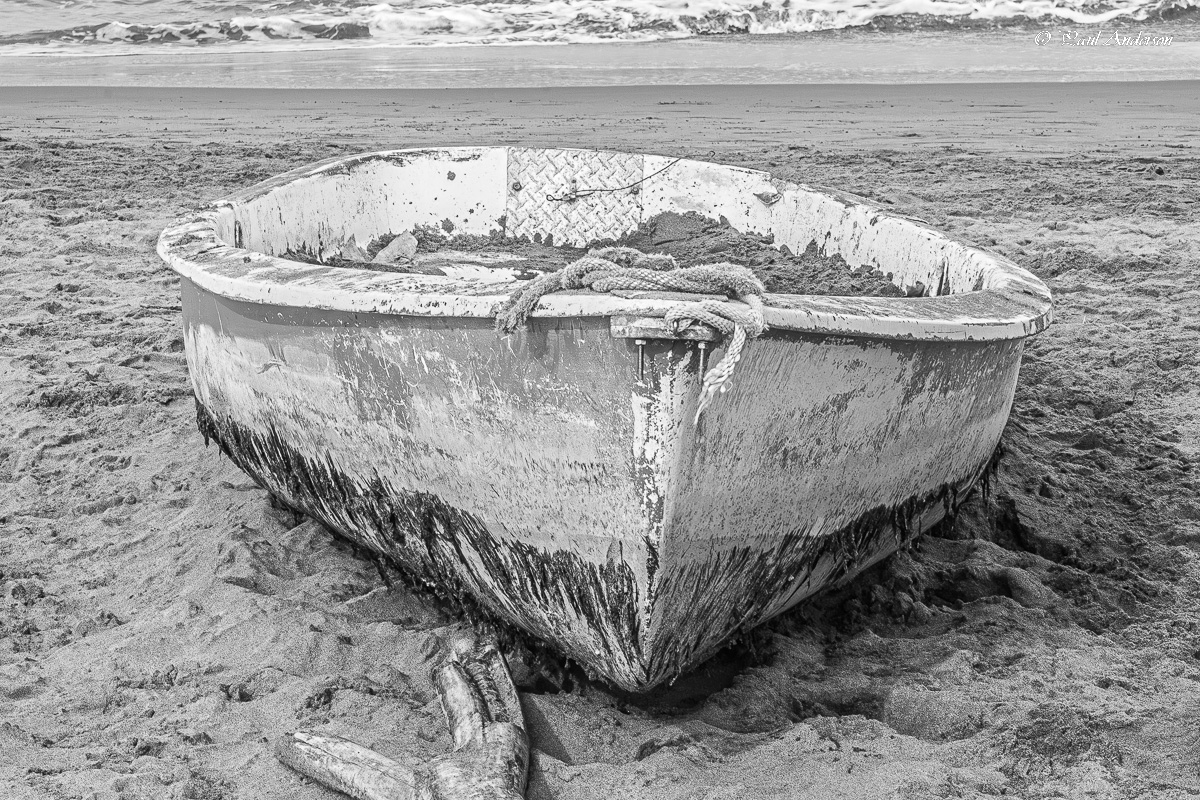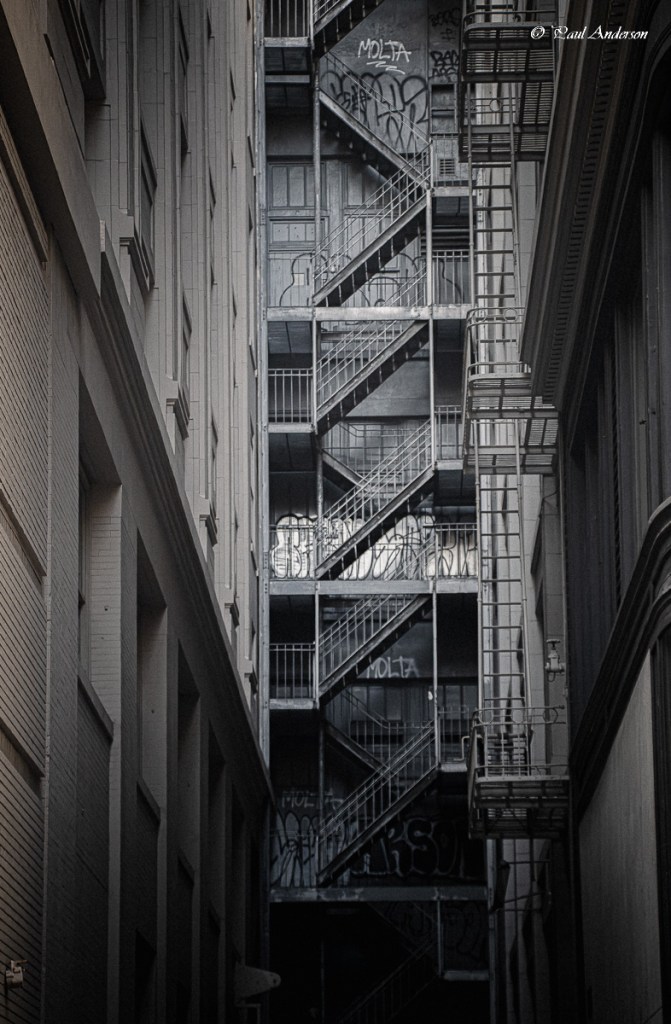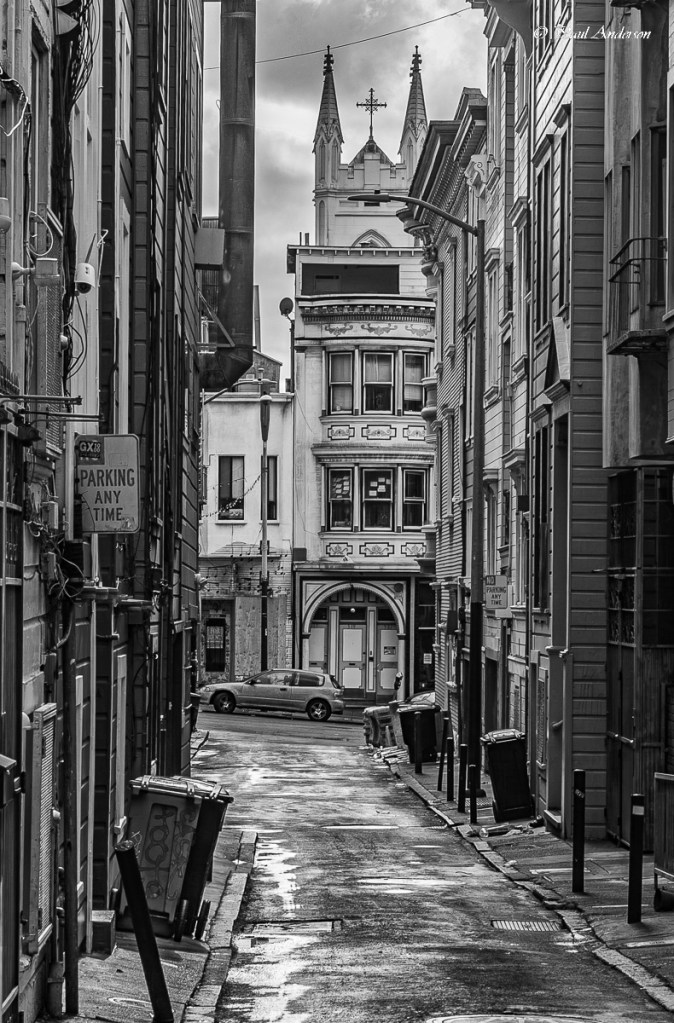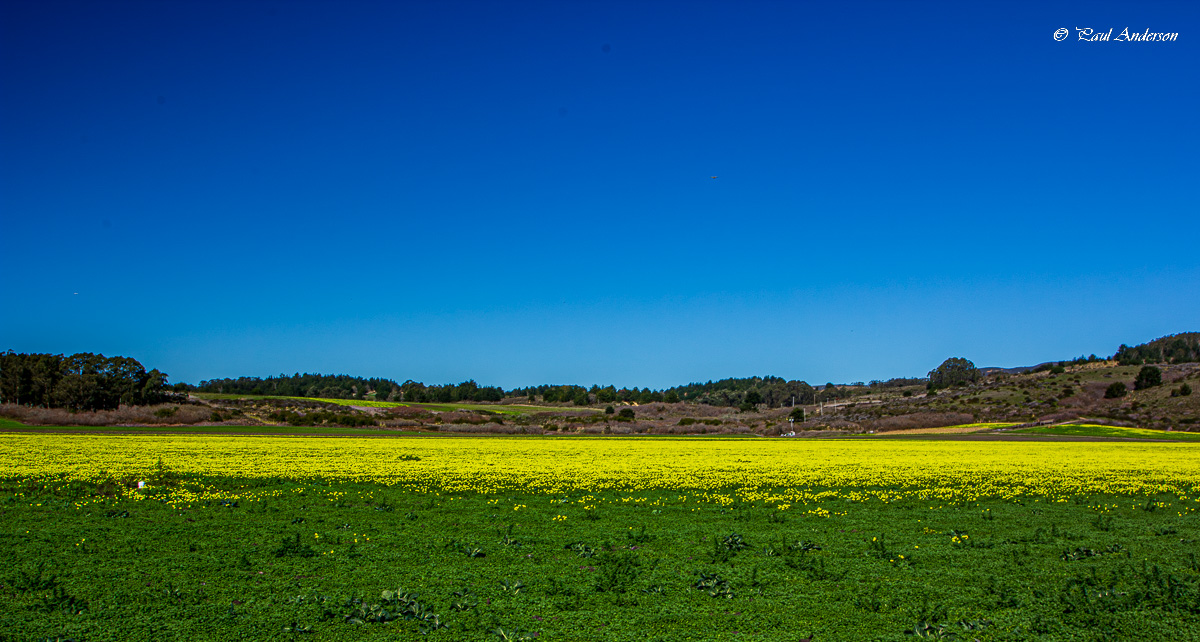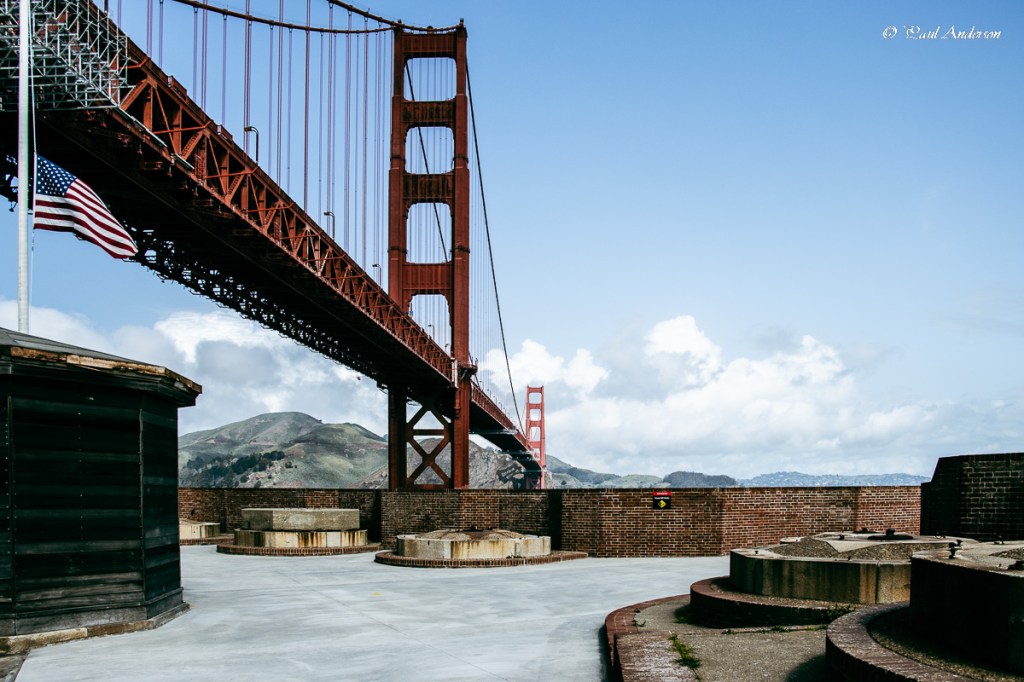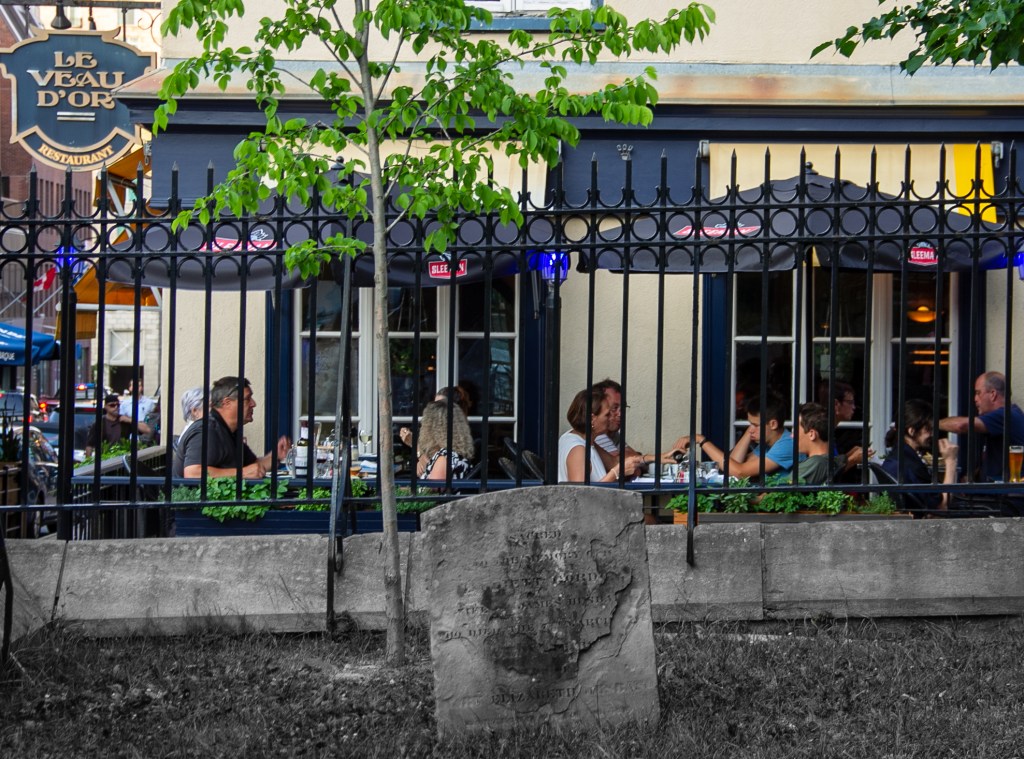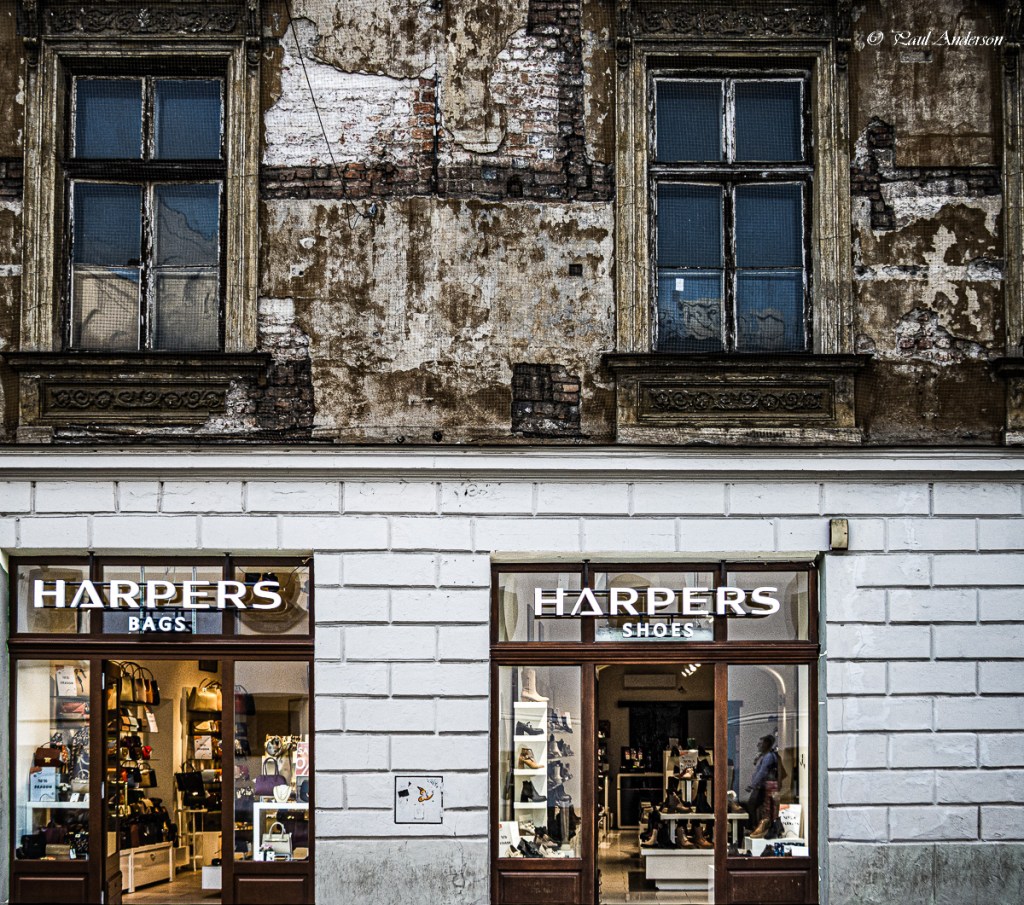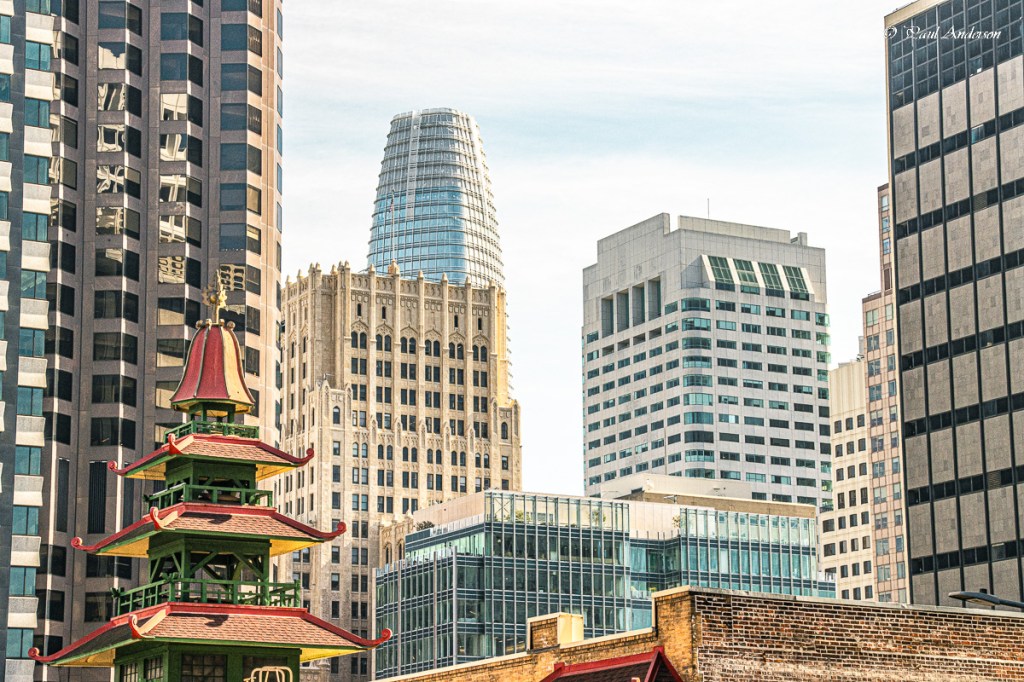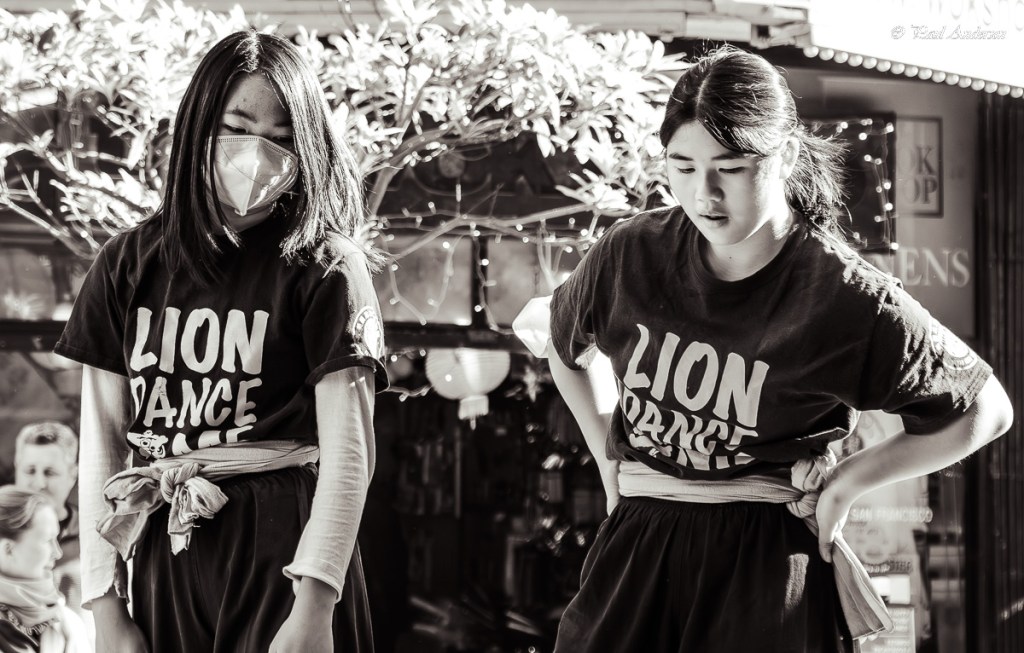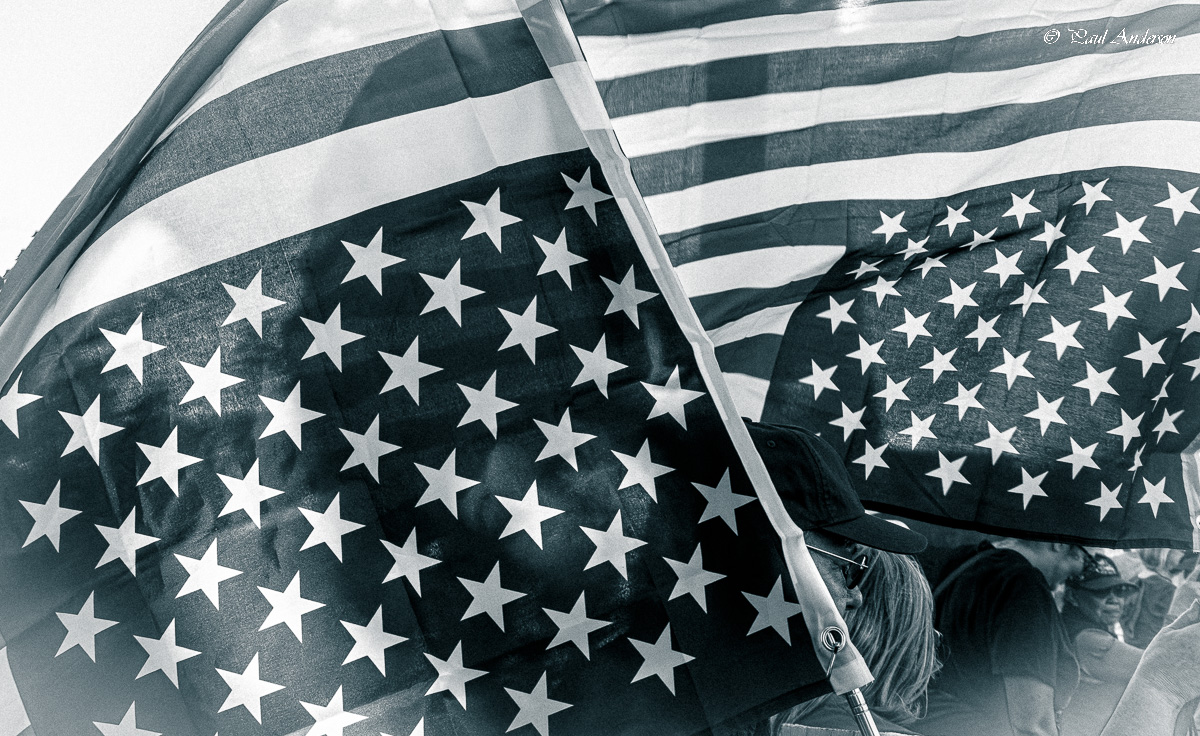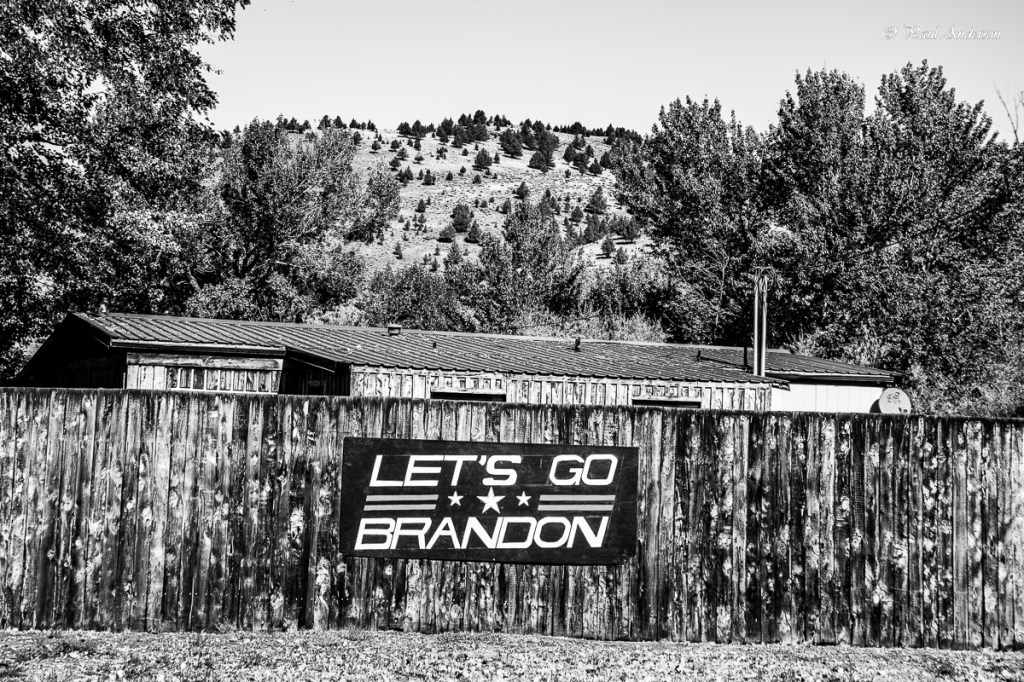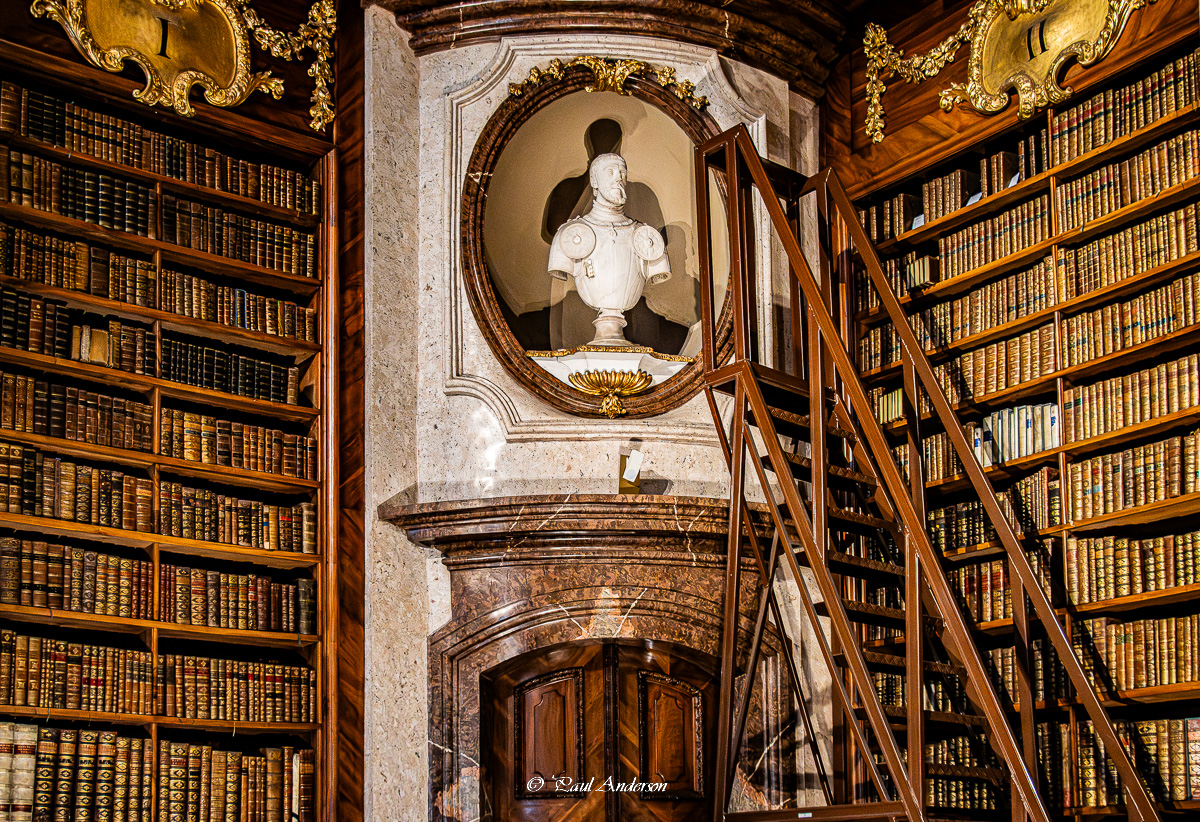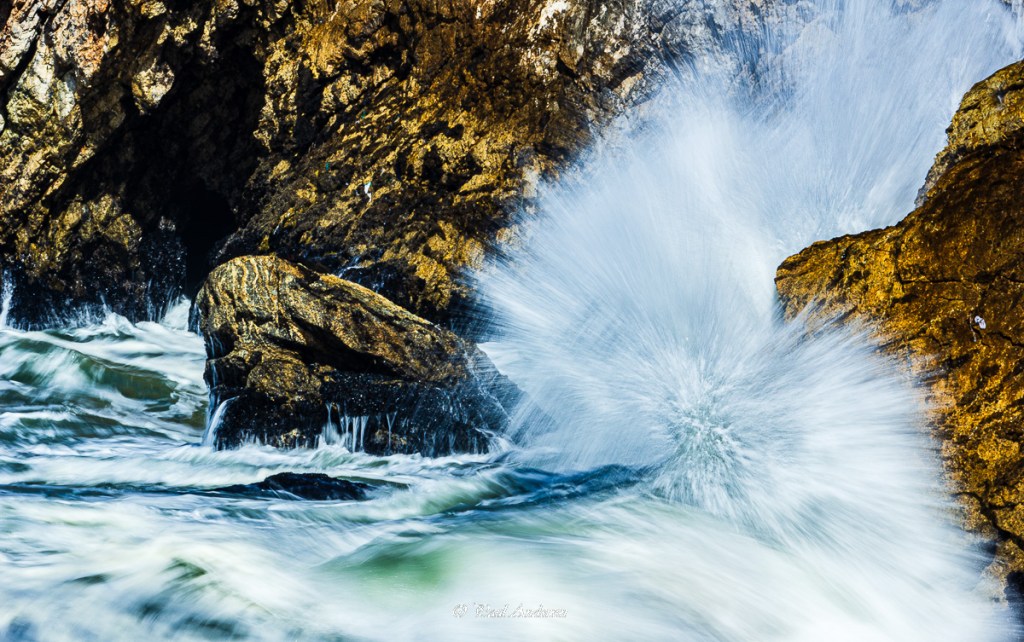It was during COVID times, when the options for escaping home confinement were few and far between. Anything indoors besides home, not so sweet home, was closed. The San Francisco streets were mostly deserted, so much so that coyotes were making themselves at home downtown.
Crissy Field Beach, on the shore of San Francisco Bay was wide open. Or maybe I should say “wide” and “open.”
It was in early January, following days of rain that I staged my own breakout and went for a walk on the rain soaked beach. The day was less than idea. In one direction, Alcatraz was invisible behind a gray mask of fog. One could only assume that the Rock was in its proper place in the middle of the bay. In the other direction the Golden Gate Bridge wore a wispy gown. In normal times one might complain. In COVID times you took what you could get.
It was less a walk than alternately splashing through the little puddles and weaving around the ponds of rainwater and tidal bay water. A romping Old English Sheepdog, who had a bath in his future, seemed to be looking for the biggest puddles slosh through.
And then there was this boat. Seemed serviceable, if beaten by both time and weather. A rope tied to the bow tethered the little craft to – nothing. Looking at the boat one could make up any number of stories. Before 1963, it could have been the subject of an escape from Alcatraz story. For me it presented an interesting photo opportunity.
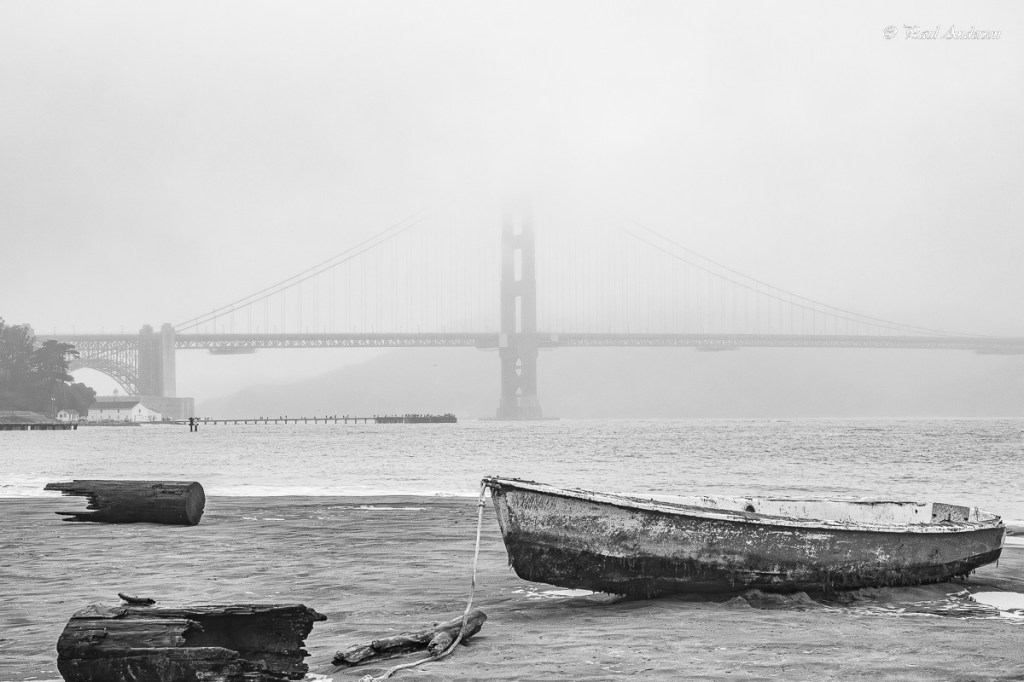
I returned the next day. The weather had improved enough that the bay had shaken off its shroud and a few people had taken their sailboats out. The little beached boat was still there except the rope that had tethered the boat to nothing had been cut.
So, what was the story behind the little boat?
Beats me. Make up your own.
